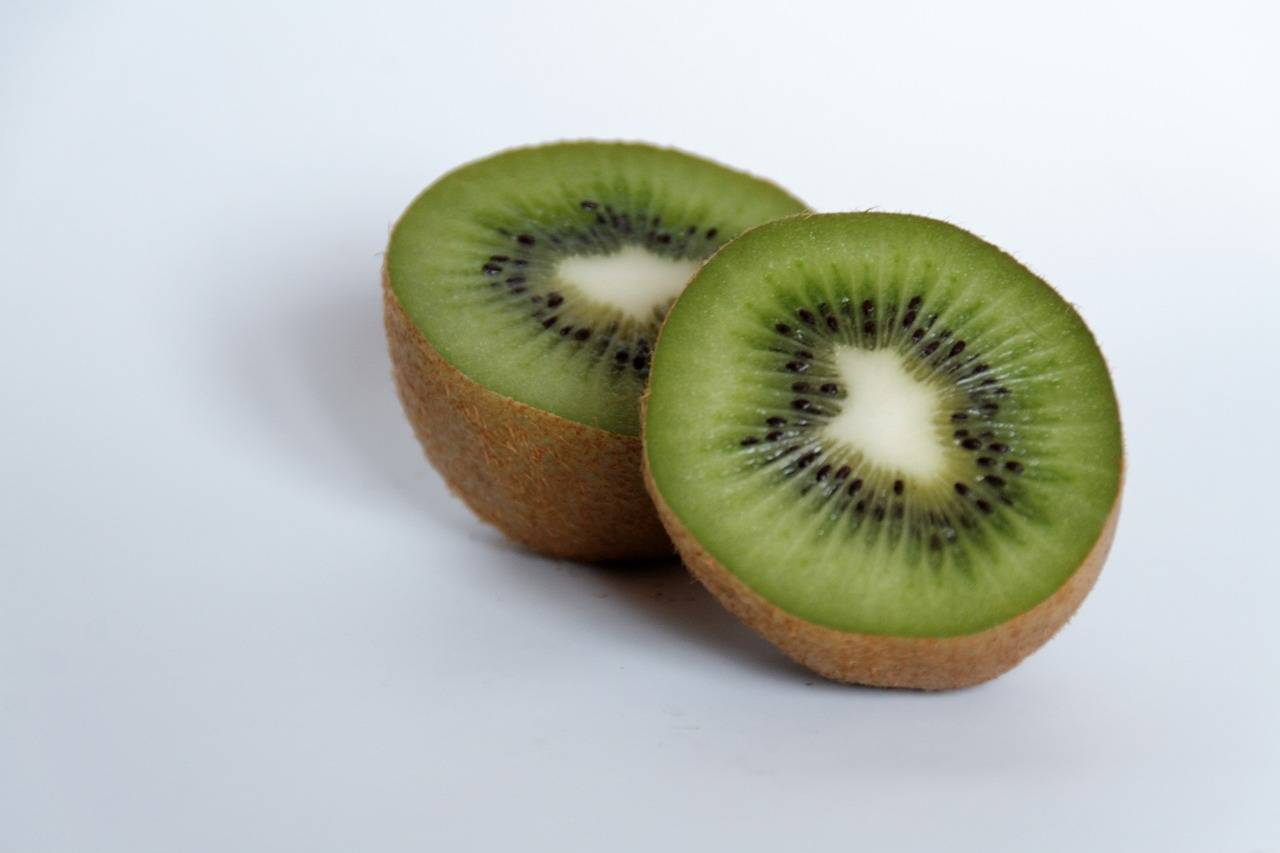The Importance of Proper Nutrition for Vegetarians
Plant-based diets offer a wide array of health benefits for vegetarians. By focusing on whole foods such as fruits, vegetables, whole grains, legumes, nuts, and seeds, individuals can enhance their overall well-being. These foods are rich in essential nutrients, fiber, and antioxidants, which play a key role in reducing the risk of chronic diseases such as heart disease, diabetes, and certain types of cancer.
Furthermore, plant-based diets are often lower in saturated fat and cholesterol compared to diets that include animal products, promoting heart health and supporting weight management. Vegetarians who adopt a plant-based diet may also experience improvements in digestion, increased energy levels, and enhanced longevity. Overall, incorporating more plant-based foods into one’s diet can have a profound impact on both personal health and the environment.
Nutrient Deficiencies to Watch Out For
When following a vegetarian diet, it is essential to be mindful of potential nutrient deficiencies that could arise. One common deficiency among vegetarians is vitamin B12, which is primarily found in animal products. It plays a crucial role in nerve function and the production of DNA. To ensure an adequate intake of vitamin B12, vegetarians can opt for fortified foods or consider taking a supplement.
Iron is another nutrient that vegetarians need to pay attention to, as it is essential for carrying oxygen around the body. While plant-based sources of iron are available, they are not as easily absorbed by the body as iron from animal products. To enhance iron absorption, it is recommended to consume foods rich in vitamin C, such as citrus fruits, alongside iron-rich plant foods. Regular monitoring of iron levels is advised for vegetarians to prevent anemia due to inadequate intake.
Tips for Meeting Protein Needs as a Vegetarian
To ensure an adequate intake of protein as a vegetarian, incorporating a variety of plant-based protein sources into your diet is crucial. Legumes such as lentils, chickpeas, and black beans are excellent options that are not only high in protein but also rich in fiber and other essential nutrients.
Additionally, incorporating nuts and seeds into your meals and snacks can boost your protein intake. Almonds, chia seeds, and hemp seeds are nutritious choices that can be sprinkled on salads, yogurt, or blended into smoothies. Experimenting with different plant-based protein sources can help you meet your daily protein requirements and ensure a well-rounded vegetarian diet.





